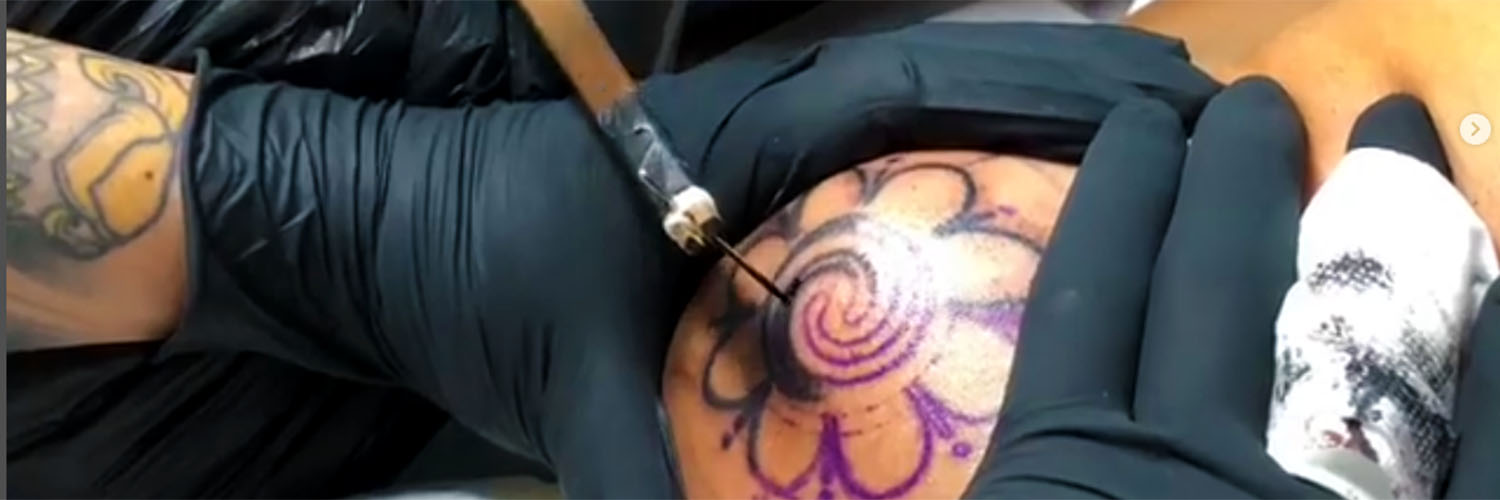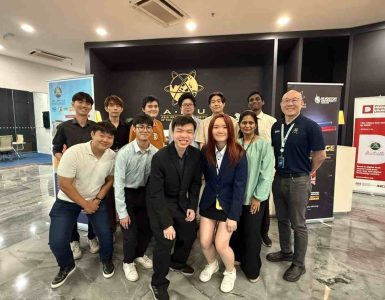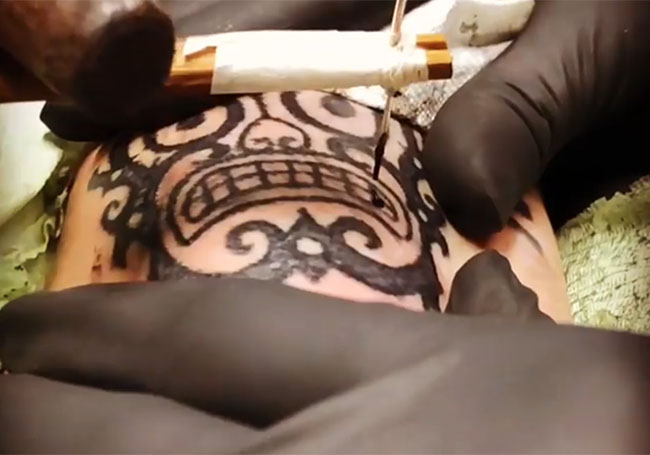
The impact of traditional Iban tattoos and the preservation of its heritage was the highlight of the Spotlight on Sarawak webinar series.
The webinar comes at an exciting time as the local artists begin to embrace the tradition and heritage in their work and get recognised for it.
One of the most recognised names for Iban tattoos is the founder of Borneo Ink, Eddie David.
The diminishing importance of the traditional Iban tattoos spurred David to breathe a new life into this art form.
“Iban tattoos were always a part of what we did. Nearly 40% of the work we do on clients are traditional Iban tattoos,” shares David.
The traditional form of Iban tattoos
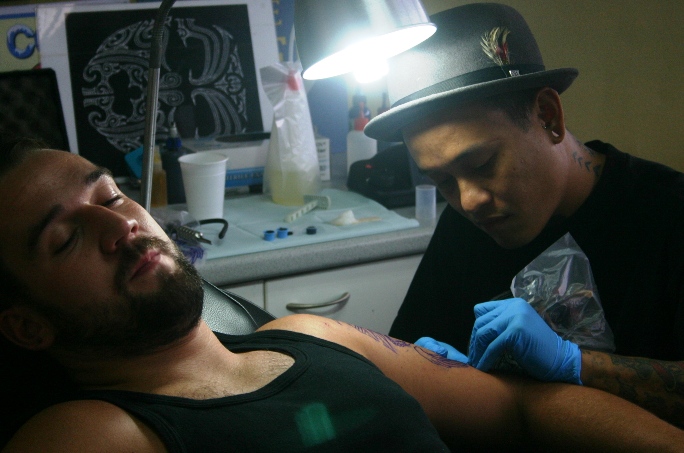
David started tattooing the traditional Iban tattoos in 2002.
Most of his clientele are tourists who learned about the Iban tattoos from National Geographic, CNN Travel, Discovery Channel and more.
David shares that Iban tattoos are no easy feat for the tattoo artist or the client.
The method requires one person to stretch the skin whilst the artist repeatedly taps a needled bamboo stick into the client’s skin.
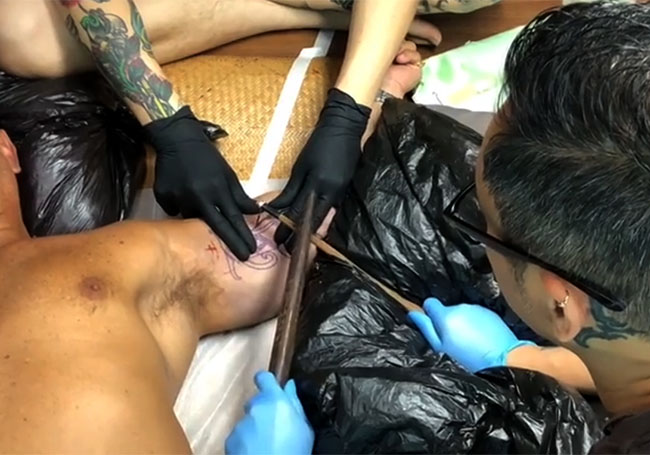
It is a long and tiring process, but according to David, the most skilled artists can produce machine-like work.
“Social media has taught people about the Iban tattoo and its culture.
“Perhaps the risk (of appropriation) is worth having our name and traditions shared with the rest of the world.
We get to show the world that Iban culture is one to admire.” David shares.
The risk of art appropriation
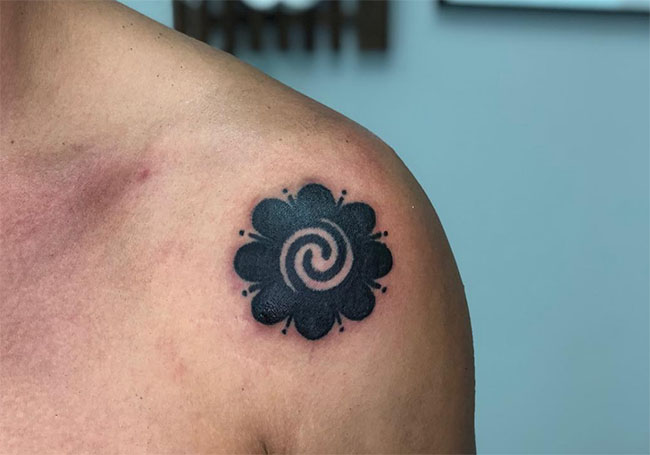
The Spotlight on Sarawak webinar by Badan Warisan Malaysia (BWM) also discussed the modern-day risks of preserving heritage, such as misuse or appropriation.
“Art styles have evolved through time and are adapted by different communities; we risk having it exploited by those who do not have the same deep understanding of it, diminishing its value,” said James Yong.
James, President of the Sarawak Heritage Society (SHS) and fellow speaker at the webinar, asked if patenting is the solution.
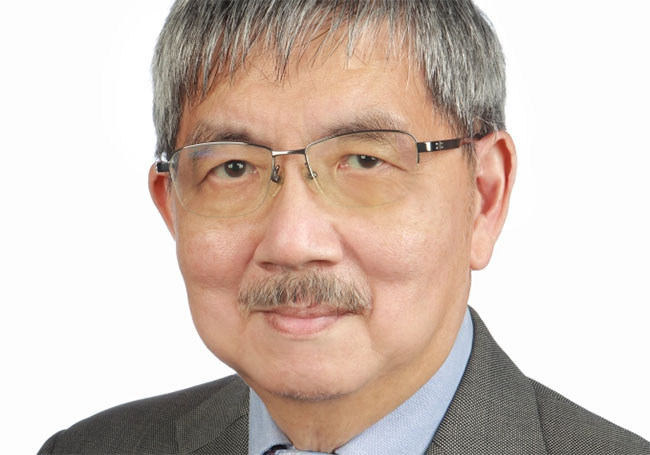
“We might argue that this only limits the artist, making art and culture exclusive when it should be the exact opposite.
Yong also argued that the loss of understanding of traditional rites might not be due to its appropriation at all but rather because of the global community’s lack of awareness of the culture.
“This is what BWM and SHS are working so hard to achieve.
“Only in raising awareness and encouraging interest will we be able to convince people to help promote and preserve their heritage and tradition such as Iban tattoos.
The role of the public as changemakers
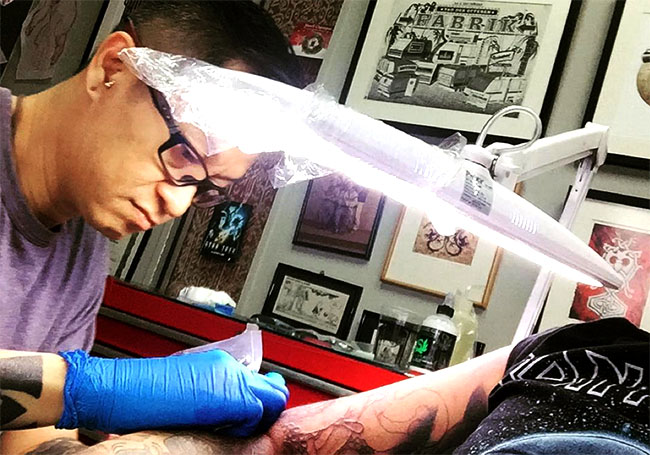
The public can also be the most significant changemakers by playing a role in heritage awareness and preservation by contributing with the varied skills, time and funding we can offer.
For example, small actions like sharing heritage-inspired artwork online, like Iban tattoos done by David, can help to contribute to heritage preservation.
The more we learn and speak up about who we are and where we came from, the more the world will likely care for it.
BWM, also known as The Heritage of Malaysia Trust, is the leading national heritage NGO established in 1983.
BWM plays a pivotal role in advocacy through various activities, including heritage education, research and documentation of heritage assets.
As an independent registered charity, BWM continues to seek additional funding for its educational and advocacy work.
For more information, kindly visit badanwarisanmalaysia.org or email [email protected].


